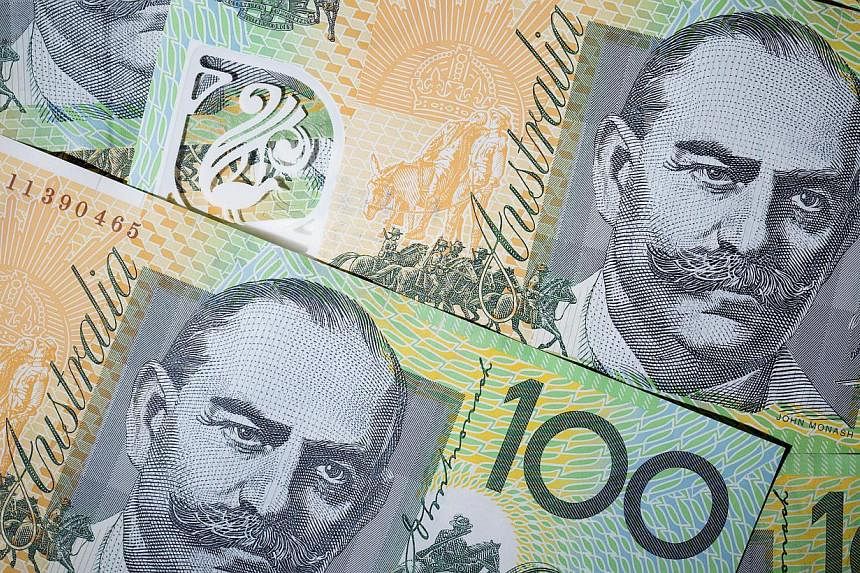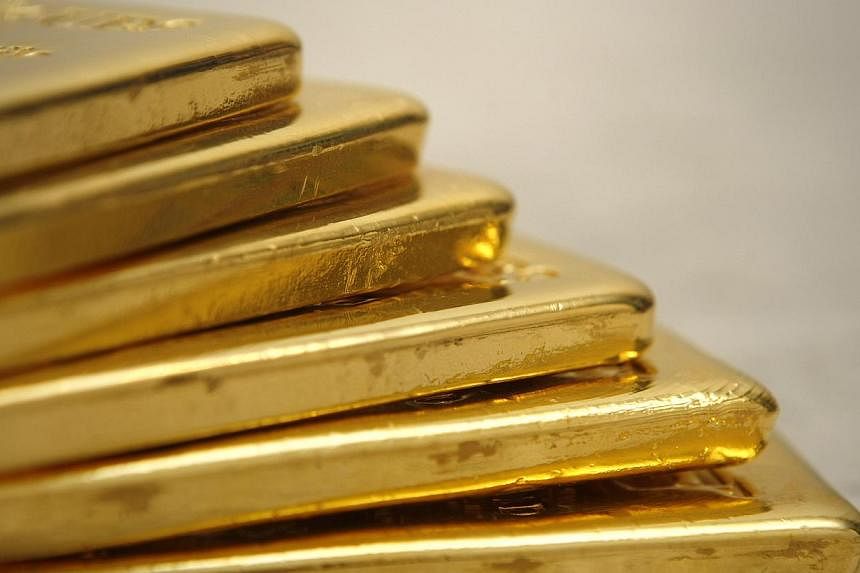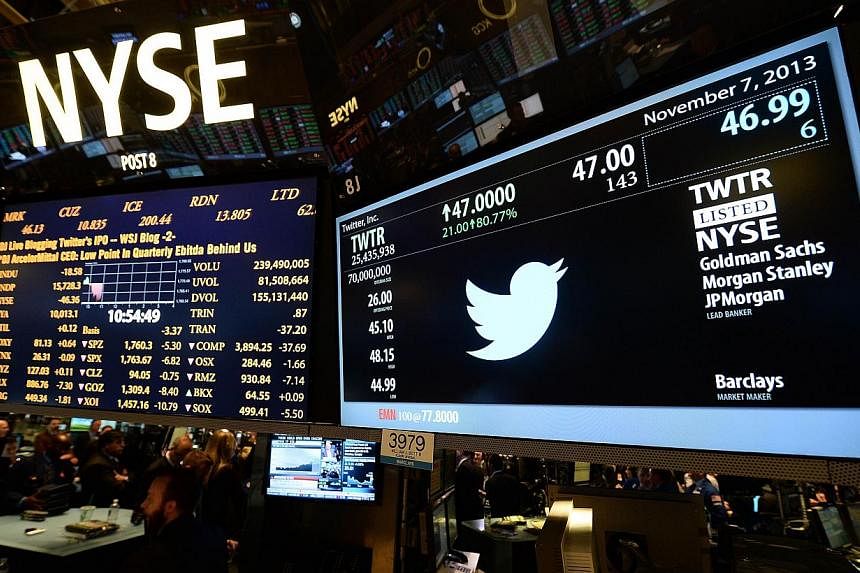Q: Barring any unexpected shock in US economic recovery, do you think that the equity market has fully priced in the ongoing QE tapering?
A: The tapering of quantitative easing is already well understood in the market. Indeed, there is already widespread expectation that the US Federal Reserve will likely continue on its current pace of tapering and exit from quantitative easing around October this year. A greater source of doubt is the timing of the first Fed rate hike. Expectations of the timing of the first policy rate hike will likely be in constant flux over coming months, depending on US economic data.
Senior Vice President, CIO Office, DBS Bank, Manish Jaradi
Q: On "buy good, buy low and keep": If there is an impending correction or when the market plunges, should a fundamental investor sell his shares and buy them back later, or should he still hold on to them?
First of all, if you are certain there is an impending market correction, the straight answer is to sell your shares and buy them back later at a lower price. The question is: How sure are you that the market will take a fall? And even if you get the direction right, can you tell with a high degree of certainty the timing and extent of the fall?

It is all right to be cautious as the equity bull run is currently in its sixth year and shows signs of tiredness, especially in the United States technology sector. But unlike previous bull runs, there is no buying frenzy or euphoria - which are traditionally seen as a warning sign of an overheated market - in the Singapore market. The local market does not appear overvalued.
A local research house noted recently that the Singapore market's valuations remain undemanding. It calculated that the Straits Times Index is currently trading at a forward price of 14.4 times FY14 earnings and 13 times FY15 earnings, below key regional markets, and with dividend yield estimated at a very decent 3.3 per cent.
Furthermore, one should not be unduly worried about daily or weekly market movements. In my presentation at The Sunday Times Invest Seminar 2014, I highlighted an article headlined "How to win at a winning game" by Teh Hooi Ling. It tells investors not to be sidetracked by short-term price gyrations as long as they are invested in a diversified basket of stocks that represent the real economy. In the event of a sudden downturn, avoid the herd instinct. Don't sell when everyone else is selling, for you will not get a fair value for your assets. On the contrary, look out for opportunistic buys for stocks and shares of fundamentally sound companies at depressed market conditions.
If you are unsure as to where the market is heading and want to stay invested, adopt a dollar cost averaging approach by setting aside a fixed sum every month to invest. Under this approach, you will acquire fewer shares when prices are high and more shares when they are low.
Deputy Money Editor, Dennis Chan
Q: To what extent do you think the upcoming elections in India and Indonesia will affect the bonds forecast for Emerging Markets? Is the current positive performance a result of political expectations?
A: As long as the upcoming elections in India and Indonesia take place peacefully, they will not have much impact on the Asian bond market. The recent positive sentiments in the bond markets are driven by more stable market conditions as investors are more reassured that interest rate increases, if any, will be gradual in the near term.
Managing director and head of fixed income, DBS Bank, Clifford Lee.
Q: For Europe, is it a good time to invest now? Should we be stock-specific or more broad-based - for example, mutual funds? What industries should we look at?
We remain positive on European equities as valuations are more attractive compared to other developed markets. Further, Europe offers a margins recovery story that is likely to be played out over the coming quarters, as profit margins at European companies play catch-up with those for their US counterparts.
Within Europe, we favour the consumer discretionary, consumer staples and energy sectors. We are also positive on selected European financials.
European consumer stocks are likely to continue benefiting from stronger retail sales and improving consumer sentiment. Household savings remain low and this should support spending. Within the consumer discretionary sector, automakers are likely to benefit from this increased spending and, to some extent, also from a revival in the European capital expenditure cycle.
Our positive view on energy is based on valuation, with the sector trading at cycle-low relative price to book ratios and cycle-high dividend yields.
Among European financials, we favour insurers which are long-term beneficiaries of higher core rates and offer a "growth plus yield" proposition.
Equities Strategist, CIO Office, DBS Bank, Jason Low
Q. Commodities have taken a beating. Are you buying? If not, why? What is your outlook for commodities?
Commodity prices could remain volatile this year, given the weather and geopolitical uncertainties from factors such as the El Nino effect and the Ukraine crisis. Experts say that commodities prices will mostly be driven by the individual fundamentals for each commodity rather than an overall sector trend.
Investors could look at buying gold exchange- traded funds in the next one to two years for the medium term, as there is likely more downside for gold prices in the near future. They may also wish to consider commodity-related counters, especially those which may be involved in merger and acquisition activity, as there is a wave of consolidation among large companies in the sector currently.
They could also set their eyes on European integrated oil companies, as fund managers are seeing attractive valuations for those stocks. Mining companies are also looking cheap as they are moving out of the doldrums as management improves and economic factors shift in the sector's favour.
Economics Correspondent, Alvin Foo
Q: What is the prospect of the Aussie dollar falling further and is it the right time to invest in property there?
The Australian dollar has been recovering from last year's aggressive sell-off. In February, the central bank upgraded Australia's growth and inflation outlook, ended its rate cut bias and stopped jawboning the exchange rate lower. By end-April, Australian stocks had risen to their highest levels since mid-2008.
Against this constructive domestic background, the Australian dollar has been notably resilient to external pressures such as the Chinese yuan's depreciation and the Fed tapering asset prices. As long as the economic recovery prospects hold up, the Australian dollar is expected to trade, with an upside bias, between 0.90 and 1.00 against the US dollar this year.
Senior currency economist with DBS Group Research, Philip Wee



